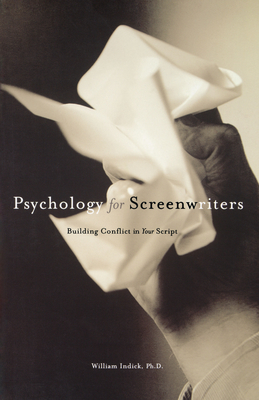
description
ree-decade NIMH follow-up studies of schizophrenia and other psychoses, conducted by Courtenay Harding and her research team, have revealed that one half to two-thirds of even the most disabled schizophrenia patients achieved significant improvement, and even recovery, over time. These findings are consistent with those from nine other decades'-long studies from across the world, as well as many shorter-term investigations as well. But the field of psychiatry has nevertheless largely failed to accept that recovery is possible for most psychotic patients. Recovery from Schizophrenia provides numerous examples of patients becoming productive citizens, overcoming difficult starts in early life, alongside exciting program strategies and additional research evidence - evidence that provides a blueprint for both how to build new and successful mental health systems, and how to significantly improve clinical training programs. Unfortunately, most service systems still provide primarily stabilization, maintenance, medications, and entitlements under the new guise of rehabilitation. Critical changes need to occur in public policy, funding mechanisms, program design, and new clinical expectations to improve patient care-all of which will promote much more significant improvement and recovery. Discussion of these critical issues is presented here in accessible prose, allowing readers from a range of backgrounds - families, clinicians, and researchers alike - to experience the ups and downs of an entire field trying to solve the puzzle of recovery from schizophrenia in the usual settings. Recovery from Schizophrenia is the remarkable story of these patients and the scientists and caring professionals who refused to let go of hope for better outcomes.
member goods
No member items were found under this heading.
Return Policy
All sales are final
Shipping
No special shipping considerations available.
Shipping fees determined at checkout.







